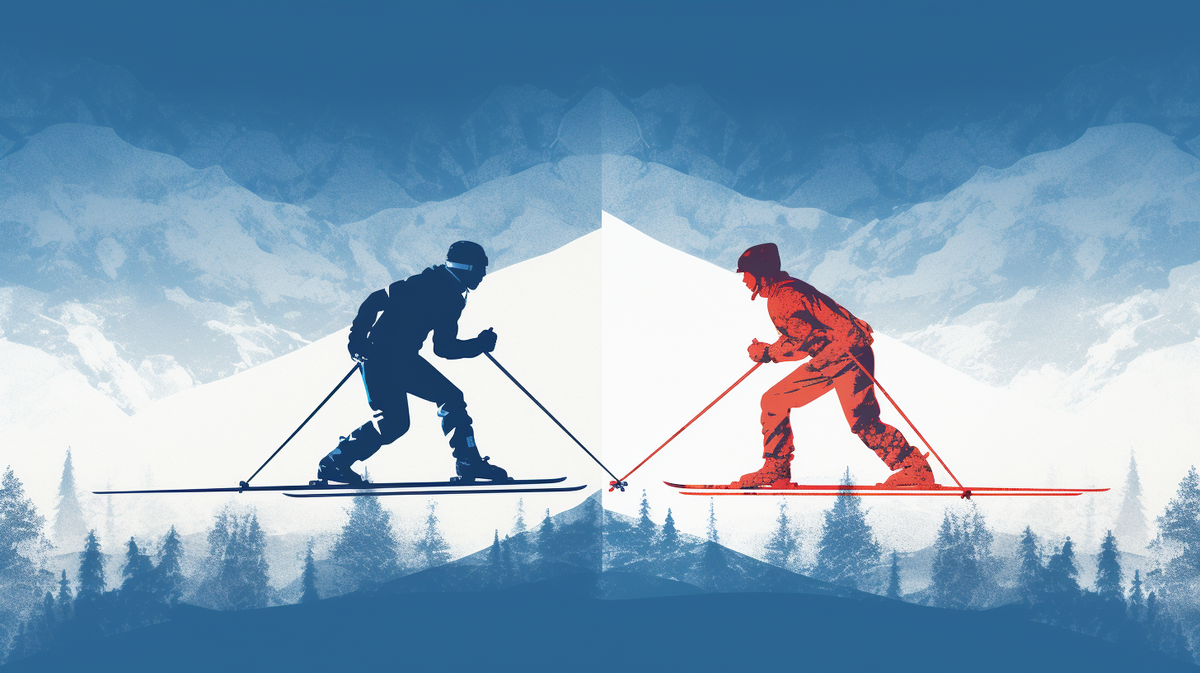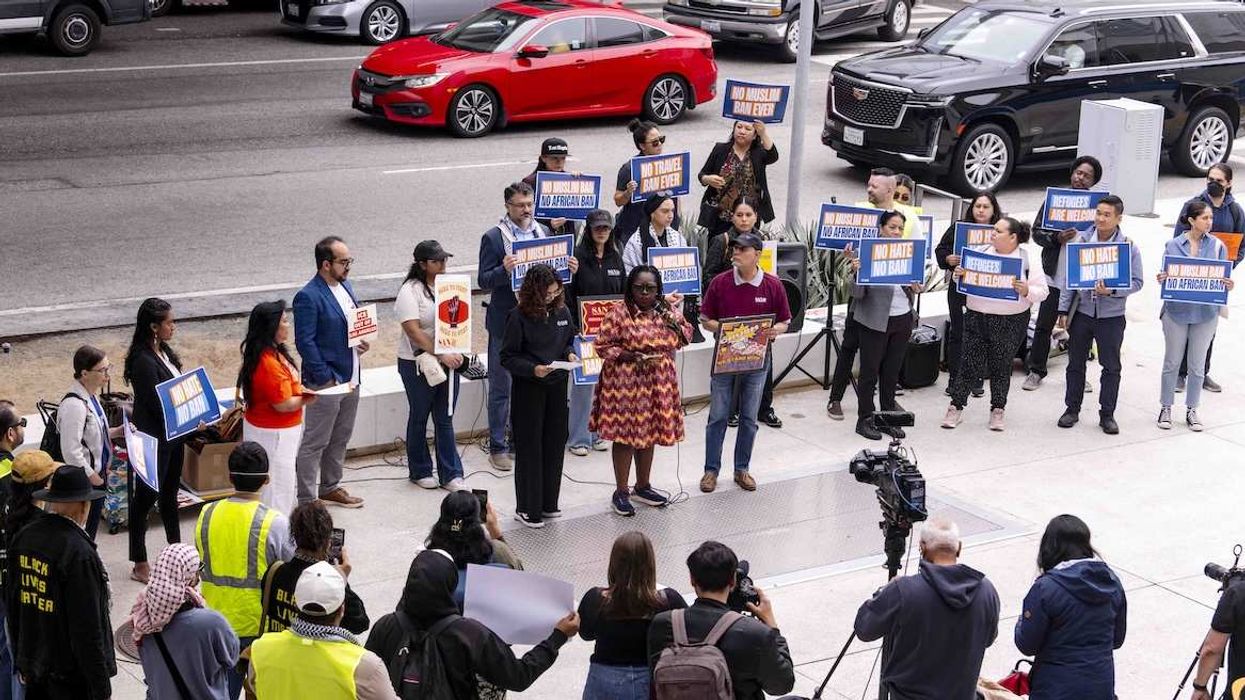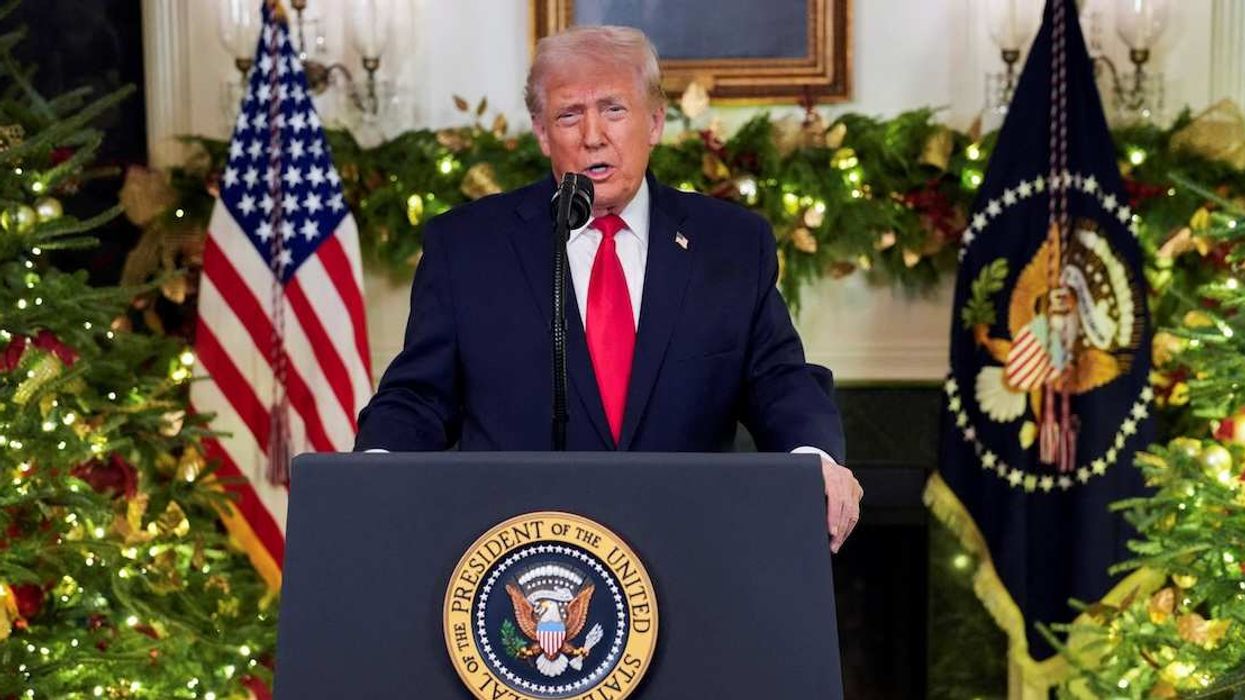With the world’s Most Powerful People™ busily pondering the fate of the rest of us at Davos this week, I thought to myself I’ll be damned if I’m not gonna go skiing too. So last weekend, I went with the family to Belleayre, a small mountain in upstate New York.
It’s not quite the same as Davos. The Eastern Catskills are not the Swiss Alps. I have it on good authority that the cost of a single schnitzel at Davos comfortably buys lunch for a family of four – maybe even six – at Belleayre.
But when it comes to places for thinking deep thoughts about the world, one mountain is as good as another. And since the Davoisie have dedicated their high-altitude gathering to the theme of “Rebuilding Trust,” I figured I also could think about trust while hitting the slopes.
Trust, as we keep hearing, is broken. Only 16% of Americans trust “government” – that’s down more than 60 points from “peak trust” in the mid-1960s. Fewer than a third of Americans trust each other, down from nearly 47% in the early 1970s. Meanwhile, half of Americans say “the media” deliberately misleads them, and fewer than one-quarter say journalists have society’s interests at heart.
But these data sometimes feel abstract. Like something that’s happening out there rather than right here. Well, a ski mountain is a good place to observe trust in action – a microcosm of the thousand little leaps of faith in people and things that get us through our days.
Consider the following: When you read the ski report and believe it, you are trusting the media. When you allow yourself to be whisked up the side of a mountain by a giant metal hanger with seats on it, you are trusting the institutions and experts who design and run ski lifts. (A sudden gust of wind will quickly heighten this trust.) And when you hit the lodge for lunch or the aprés, leaving your skis or snowboard on a rack unattended, you are showing social trust.
You can do this experiment anywhere, by the way. On your commute, where the subway conductor will not crash the train. On the highway, where the person driving toward you will not cross the double-yellow line. At the café, where the employees have washed their hands before returning to work. At the gym, where your spotter can, in fact, spot.
Why does trust seem to work at the mountain, the subway, the café, or the gym – but not in our national politics? Come closer. Trust works best when the stakes are immediate and observable. Where you can verify, you can trust. The farther things get from what you can see with your own eyes, the harder it is to believe in anything. Our online experiences only heighten this, of course: They are algorithmically engineered to feel close, personalized, and personal.
The data bear this out: Even amid the broader black diamond descent of trust, local institutions still shine. Polling by the Knight Foundation shows Americans are 17 points more likely to trust local news sources than national ones – (which makes the well-documented decline of local news 17 points more alarming.)
The same is true of government. Gallup found that while only a third of Americans trust the federal government, nearly 70% trust local government, where practical results are usually more important than partisan smackdowns.
With all this, it’s no wonder – as we head into a crucial global election year – that populism and nationalism are so appealing again. They’re each, in their ways, responses to falling trust in distant institutions. Populism seizes on our perfectly understandable lack of trust in distant institutions: Those people up there on the mountain are lying to you, let’s fight back. Nationalism and nativism propose a solution of their own, artificially shrinking the boundaries of society to tighten its bonds: It’s us vs. them. Let’s trust us.
What’s the solution? Lots have been written about this. But one place to start is by focusing on the places where things do work: invigorating good local government, reversing the decline of local media, and emphasizing the experiences of actual people rather than online avatars.
There’s no one solution, but, to flip a phrase from someone who knew a thing or two about trust: Keep your friends close, and your institutions closer.
See you on the slopes!



















